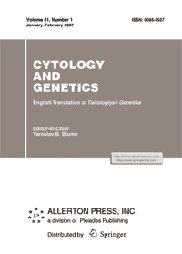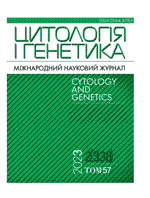SUMMARY. Endocytic pathway of alpha-fetoprotein (AFP) in three different, by the degree of maturity, types of the mouse bone marrow hematopoietic stem cells (HSC) is similar in its nature: it was based on the receptor-mediated transport through the membrane p60, p65 and p305 AFP receptors with clathrin-dependent mechanism of receptorosome organization, in the formation and ge-neration of which AP-2 complex, endophilin, and dynamin are involved. In the studied types of HSCs, the non-degraded AFP was detected in Golgi complex through the formed receptorosome merging with it, as well as in the cytoplasm, endoplasmic reticulum, and mitochondria, presumably through sequential binding to the cytoplasmic distributor proteins – p55, p52, p62 and p67 AFP receptors, and also to transorganelle transporter proteins – p147 and p182 AFP receptors. The investigation of the role of AFP endocytosis in changing the biological activity of the studied types of HSCs has shown that it directly regulated the protein synthesis and metabolic activity, while its effect on other examined types of biological activity was mediated by ERK1/2.
Keywords:

